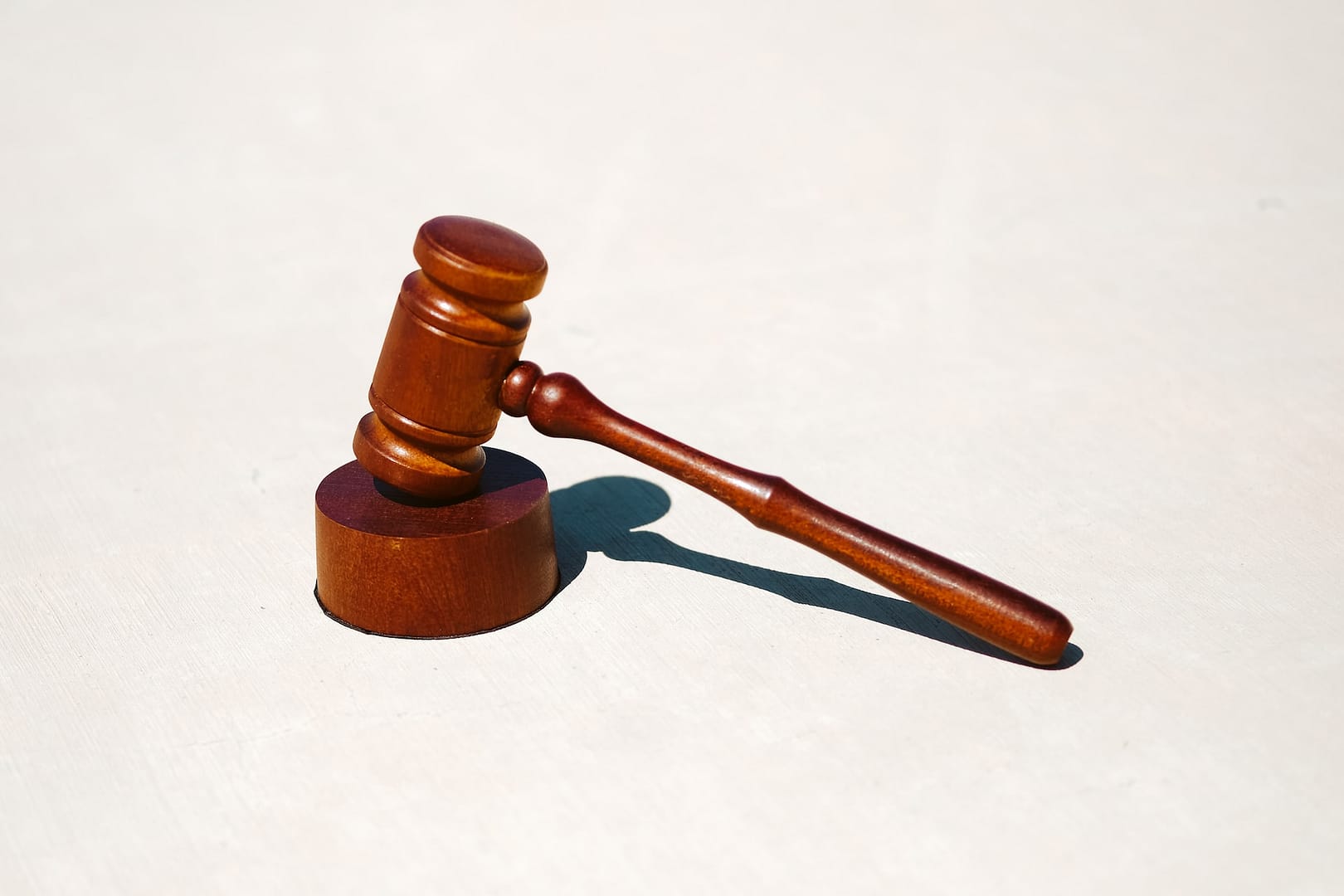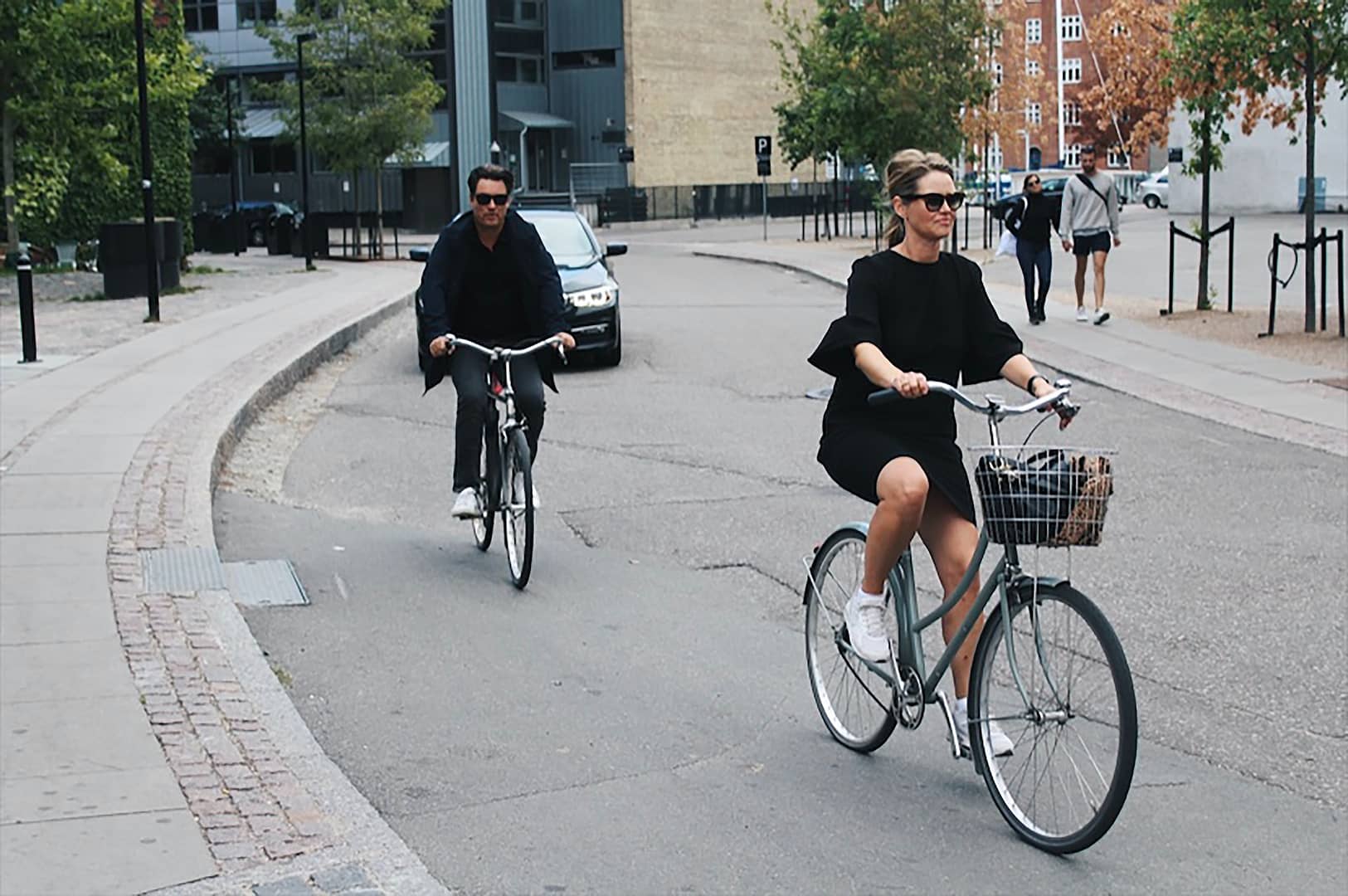In the hustle and bustle of our daily lives, we often find ourselves navigating the complex web of roads and highways, whether on foot, on a bicycle, or even in a wheelchair. These journeys may seem routine, but for vulnerable road users, they can be fraught with dangers and uncertainties. In this article, we will delve into the road laws that govern vulnerable road users, explore what rules they need to follow, and discover how they can contribute to the safety of all road users. So, fasten your seatbelts (or metaphorical seatbelts) as we embark on this enlightening journey down the road laws for vulnerable road users. We will also highlight how best to start a road traffic accident claim.
What are Vulnerable Road Users?
Before we dive into the nitty-gritty of road laws, let’s first understand who vulnerable road users are. Vulnerable road users, as the name suggests, refer to individuals who are at a higher risk of injury or harm when navigating the roadways. This category typically includes pedestrians, cyclists, motorcyclists, and users of mobility aids such as wheelchairs.
Essential Road Laws for Vulnerable Road Users
Road laws are designed to maintain order and safety on our roads. They serve as a set of guidelines that all road users, including vulnerable road users, must follow to ensure their safety and the safety of others. These laws are not just a collection of rules to be followed blindly; they are a vital part of creating a harmonious coexistence among different road users.
What Rules Do Vulnerable Road Users Need to Follow?
Pedestrians: Crossing with Caution
Pedestrians are perhaps the most vulnerable of all road users. When it comes to road laws, they have a significant responsibility to ensure their safety. In the UK, pedestrians are expected to use designated crossings and pedestrian crossings when available. Jaywalking, or crossing the road at undesignated points, is not only dangerous but also illegal in many places.
Moreover, pedestrians should always obey traffic signals, such as pedestrian crossing lights. When the light is red, it’s essential to wait for the signal to turn green before crossing. Ignoring these signals can result in accidents and injuries.
Cyclists: Staying on the Right Path
Cyclists are a common sight on many roads, especially in urban areas. To ensure their safety and that of others, cyclists must adhere to specific road laws. In the UK, cyclists are required to follow traffic rules, just like motorists. This includes obeying traffic signals, stopping at stop signs, and yielding the right of way when necessary.
One essential rule for cyclists is to ride in the same direction as traffic. Riding against the flow of traffic increases the risk of accidents since motorists may not anticipate a cyclist approaching from the wrong direction.
Cyclists should also use designated bike lanes and paths when available. These lanes are designed to provide a safer environment for cyclists and help reduce conflicts with motor vehicles.
Motorcyclists: Helmet Safety
For motorcyclists, safety primarily revolves around wearing the right protective gear. In the UK, it’s mandatory for motorcyclists to wear helmets that meet specific safety standards. A helmet can be a lifesaver in the event of an accident, reducing the risk of head injuries significantly.
Additionally, motorcyclists should adhere to speed limits, obey traffic signals, and use turn signals when changing lanes or making turns. Defensive riding is key to their safety, as they are more exposed to the elements and less protected than those in enclosed vehicles.
Users of Mobility Aids: Navigating Obstacles
Wheelchair users and others who rely on mobility aids face unique challenges on the road. In the UK, there are specific regulations in place to ensure their safety. For example, dropped curbs and ramps should be provided at pedestrian crossings to facilitate easy access.
Users of mobility aids should also be cautious when crossing the road. They should use designated crossings and pedestrian signals when available. Additionally, it’s essential to be aware of one’s surroundings and the movement of vehicles, as mobility aids may not have the same agility as pedestrians on foot.
What Can Vulnerable Road Users Do to Help Other Road Users?
Road safety is a collective effort, and vulnerable road users also play a crucial role in ensuring everyone’s well-being on the road. Here are some ways in which they can contribute:
Being Visible
One of the most effective ways for vulnerable road users to enhance their safety is to be visible to others. This includes wearing reflective clothing or accessories, especially when cycling or walking in low-light conditions. Additionally, bicycles should be equipped with lights and reflectors to make them more noticeable to motorists.
Hand Signals
Cyclists and motorcyclists can communicate their intentions to other road users through hand signals. These signals include indicating left or right turns and signalling a stop. Using these signals helps motorists anticipate the cyclist’s movements, reducing the risk of accidents.
Staying Alert
Vulnerable road users must remain attentive to their surroundings. This means avoiding distractions, such as texting or listening to music, while on the road. Being alert allows them to react quickly to unexpected situations and hazards.
Education and Training
To enhance their safety, vulnerable road users can also seek education and training. Many organisations and local authorities offer cycling and pedestrian safety courses. These courses can provide valuable insights and skills to navigate the road more safely.
Making a Road Traffic Accident Claim with National Claims
Now that we’ve explored the road laws and safety measures for vulnerable road users, let’s touch upon an essential aspect of road safety – handling accidents and making claims. At National Claims, we understand that accidents can happen to anyone, including vulnerable road users. When such unfortunate incidents occur, it’s crucial to know your rights and how to proceed. Here’s how you can make a road traffic accident claim with National Claims:
Seek Medical Attention
Your health and well-being should be your top priority. If you are involved in a road traffic accident, regardless of whether you are a pedestrian, cyclist, motorcyclist, or mobility aid user, seek immediate medical attention. Even seemingly minor injuries can have long-term consequences, so it’s essential to get checked by a healthcare professional.
Gather Information
While still at the scene of the accident, gather as much information as possible. This includes taking photographs of the accident site, noting the registration numbers of vehicles involved, and collecting contact details of witnesses. All of this information may be crucial when filing your claim.
Report the Accident
Report the accident to the police as soon as possible. An official accident report can provide valuable evidence for your claim. Be sure to obtain a copy of the police report for your records.
Contact National Claims
Once you’ve taken care of your immediate medical needs and collected necessary information, it’s time to reach out to National Claims. Our team of experienced professionals specialises in handling road traffic accident claims for vulnerable road users. We will guide you through the claims process, ensuring that your rights are protected, and you receive the compensation you deserve.
Document Your Expenses
Keep a record of all expenses related to the accident, including medical bills, rehabilitation costs, and any other out-of-pocket expenses. This documentation will be essential when calculating the compensation you are entitled to.
Leave It to the Experts
Making a road traffic accident claim can be a complex and stressful process. By entrusting your claim to National Claims, you can focus on your recovery while we handle the legalities and negotiations on your behalf. Our goal is to ensure that you receive fair compensation for your injuries and losses.

Conclusion
Navigating the road as a vulnerable road user comes with its unique set of challenges and responsibilities. Road laws are in place to protect the safety of all road users, and it’s crucial for vulnerable road users to be aware of and follow these laws diligently. Whether you’re a pedestrian, cyclist, motorcyclist, or user of mobility aids, your actions on the road can make a significant difference in ensuring a safer and more harmonious environment for everyone.
Remember, road safety is a shared responsibility. By adhering to road laws and taking proactive steps to enhance their visibility and awareness, vulnerable road users can contribute to a safer road environment for all. In the unfortunate event of a road traffic accident, National Claims is here to support you and help you navigate the claims process, ensuring that you receive the compensation you deserve. So, the next time you embark on your journey as a vulnerable road user, keep these rules and guidelines in mind, and together, we can make our roads a safer place for everyone.
Contact us now to speak to one of our claims specialists who will help you start your claim.
Click below to see why we are one of the most trusted claims management companies in the UK.

We’re proud of our excellent customer reviews
We thrive on delivering exceptional service and ensuring our clients’ satisfaction. Don’t just take our word for it. Check out some of our independent reviews to see what our clients have to say.
Excellent

This firm is excellent, they sorted out my car pay out and injury claim very fast, they always communicate with you all the time.

My accident case was dealt with confidence and with great result of the outcome, especially James kept me informed all the time.

I was very impressed at the way my inquiry was treated. I was listened to attentively and everything I needed to know was explained to me.






